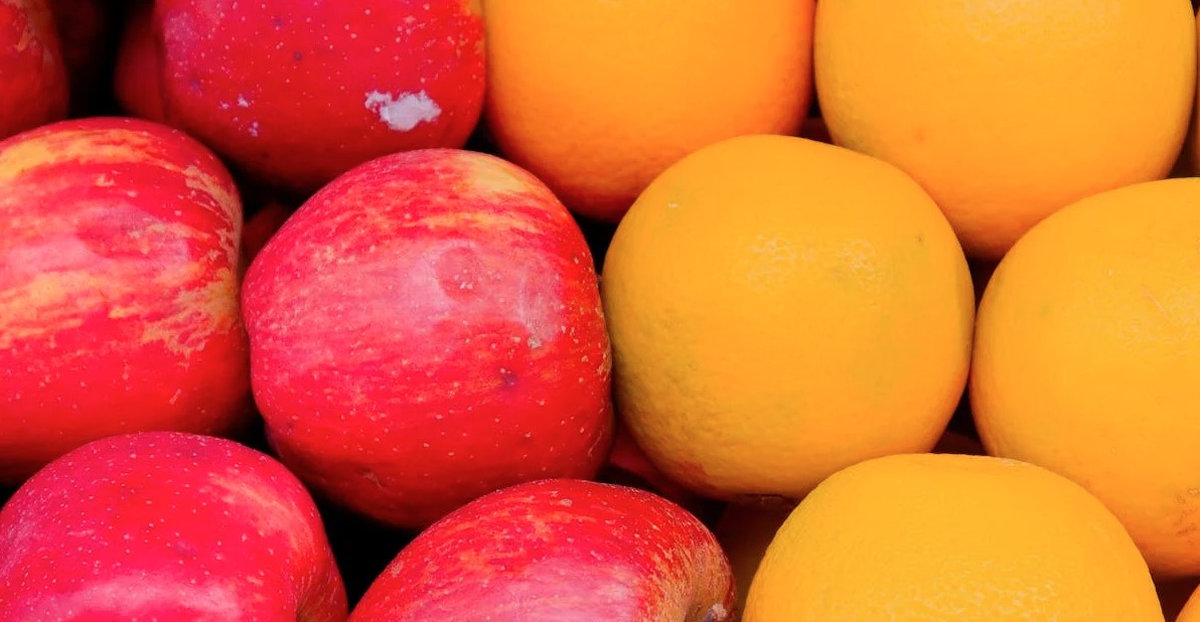KUALA LUMPUR: Apples and oranges will continue to be exempt from the expanded Sales and Service Tax (SST) as they are widely consumed and cannot be grown locally, according to Treasury secretary-general Datuk Johan Mahmood Merican.
He explained that these fruits are dietary staples, especially during festive seasons like Chinese New Year and Hari Raya, making their tax exemption necessary to ease public expenses.
“These fruits cannot be produced locally due to our climate, but they are part of daily consumption for many Malaysians,” Johan said during a Finance Ministry TikTok Live session titled “SST Naik, Semua Harga Pun Naik?”
While imported fruits such as strawberries, blueberries, and avocados will be taxed under the expanded SST, Johan stressed that apples and oranges remain tax-free to avoid burdening consumers.
“We want to encourage the consumption of local fruits, but at the same time, we recognise that apples and oranges are important in people’s daily lives,” he added.
Local fruits, including ‘pisang mas’, remain untaxed, ensuring stable prices for consumers. Johan noted that 90 per cent of bananas in Malaysia are locally sourced, with only 10 per cent imported.
“Supporting local produce helps the economy and ensures affordability,” he said, adding that snacks like ‘pisang goreng’ will not see price hikes unless made with imported bananas.
Separately, Johan confirmed that gold bars and jewellery will retain a zero tax rate due to their cultural and economic significance.
“Gold is often used within communities for savings, as collateral for loans, and as blessings during weddings and childbirth.
Therefore, we have decided to maintain a zero tax rate due to its importance in the community and its role in the economy,” he said.
The government expects an additional RM10 billion in revenue from SST collections, opting to retain it over reintroducing the Goods and Services Tax (GST) for its lighter consumer impact.









